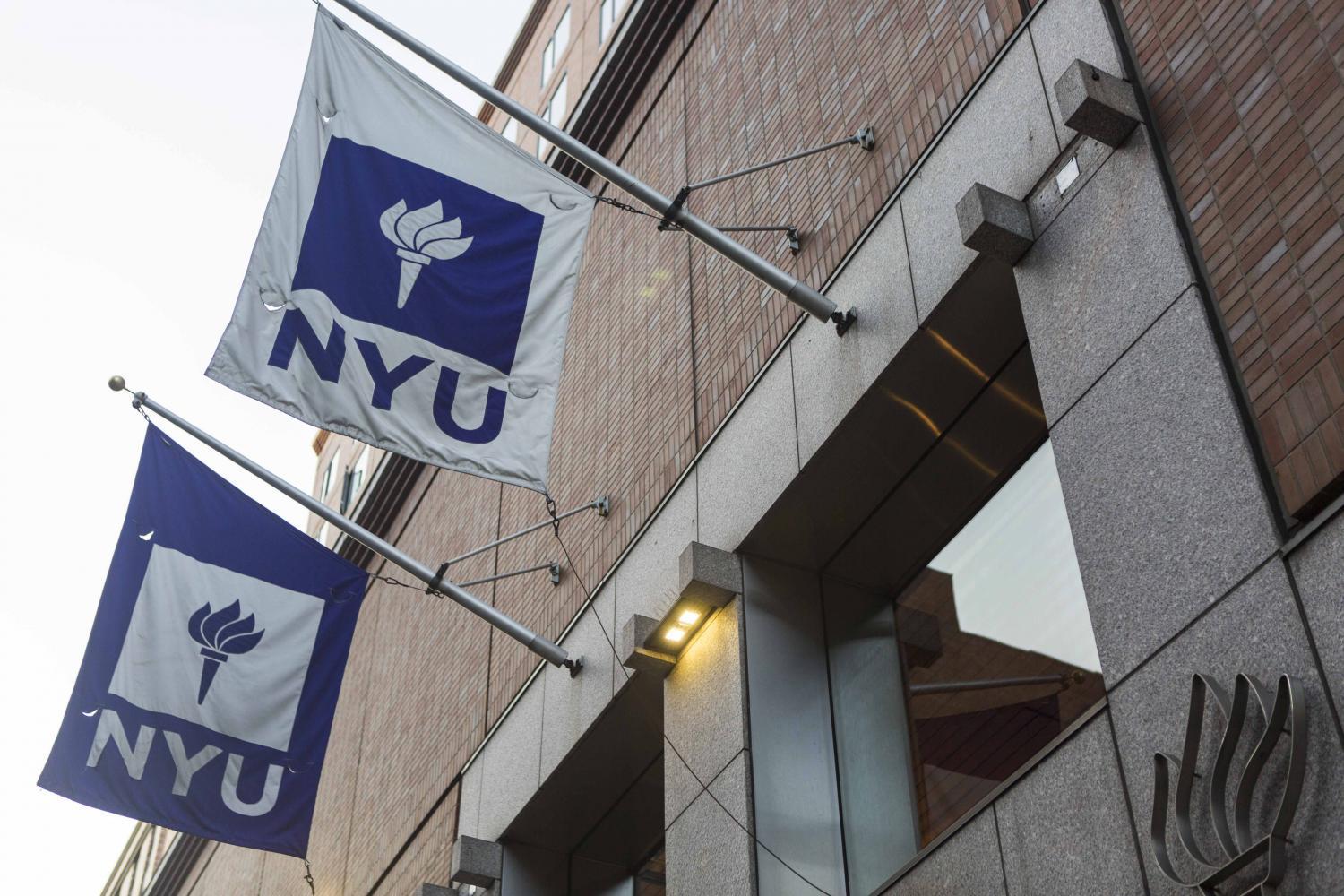It’s Affirmative, Your Race Isn’t Why You Got Into NYU
Although the percentages of students of color at NYU have increased over the past few years, the university maintains that it does not create a quota for students of color accepted.
September 5, 2017
The use of Affirmative Action policies, or those intended to increase the representation of underrepresented communities, during the admissions process at American universities is a recurring point of debate in the academic and legal worlds.
In 2016, The New York Times reported that a white woman named Abigail Fisher sued the University of Texas, claiming that the university denied her admission because of her race. In August 2017, a group of Asian American students who were rejected by Harvard University accused the school of giving preference to other underrepresented racial groups.
If you were to consider the effects of Affirmative Action based on this information alone, you may be left with the impression that the policy hurts both white students and students of color.
Dennis Parker, an American Civil Liberties Union lawyer and the director of ACLU Racial Justice Program, said that there are many other common beliefs about Affirmative Action that paint the policy in a negative light.
“This idea that because you have a higher test score, for example, that you then deserve to get into a school or that you would be a sure candidate for admissions, is one that I think is really problematic,” Parker said. “This idea that [students of color] are unqualified people is a problem, as is the suggestion by a number of people that Affirmative Action hurts students of color because it admits them schools to which they are not conventionally competitive.”
At NYU, where the total percentage of white students enrolled at the university has steadily decreased since 2012 — as noted in NYU’s factbook — someone might consider Fisher’s claims to be true. Some people could even make the unsubstantiated claim that NYU only allows a set number of students of color into the university per year, as the number of Asian and black students has remained relatively the same since 2012.
NYU’s Assistant Vice President and Dean of Admissions Shawn Abbott, however, stated that NYU does not implement a de facto quota.
“While we have absolutely no quotas, no minimums, no maximums or targets for student communities who are underrepresented at NYU — as such practices are prohibited by U.S. federal law — we may act affirmatively in our admission process for students who are academically competitive for admission,” Abbott said.
Parker also acknowledged that this regularity is not necessarily an indication that NYU is using a quota.
Abbott added that because of the way the racial demographic is divided, the numbers do not tell the entire story.
“We are required by the federal government to report international students as an ethnic category,” he said. “As a result, our student body is even more ethnically diverse than our reported demographic percentages would suggest.”
Vice President for Enrollment Management MJ Knoll-Finn, whose role at NYU includes improving diversity, said that the incoming freshmen class has seen an increase in the number of students of color.
“This year, our incoming freshman class looks to have seven percent black/African American and 15 percent Hispanic students for the New York campus, and so we are seeing our efforts to have a more diverse incoming class show steady improvement,” Knoll-Finn said.
Abbott also said that the university is actively trying to increase the enrollment of students from African-American, Latinx, Native American and South East Asian — Burmese, Cambodian, Hmong, Laotian, Thai and Vietnamese — backgrounds.
According to Parker, universities like NYU have every right to act affirmatively and target underrepresented communities.
“What the court has said is that diversity is recognized as being what’s called a compelling governmental interest,” Parker said. “That means that universities and colleges can take steps to create diverse learning environments in their schools.”
Parker explained that the consideration of race during the admissions process is legal as long as its inclusion does not negatively impact the majority of students. He also said that when deeming affirmative action policies acceptable, courts will check how often universities analyze their policies and if there are other practices that can create achieve the same effect.
Abbott confirmed that along with race and ethnicity, NYU also considers whether a student is choosing an underrepresented major, has the potential to be a star athlete or is the child of alumni, among other factors.
“I would note, however, that just because a college or university acts affirmatively for any particular student doesn’t mean other students are discriminated against,” Abbott said. “Every student has her/his own unique story to tell and will hopefully bring something compelling to the table beyond good grades and test scores — which simply are not enough to warrant a space at any selective college or university.”
A version of this article appeared in the Tuesday, Sept. 5 print edition. Email Sierra Jackson at [email protected].



























































































































































